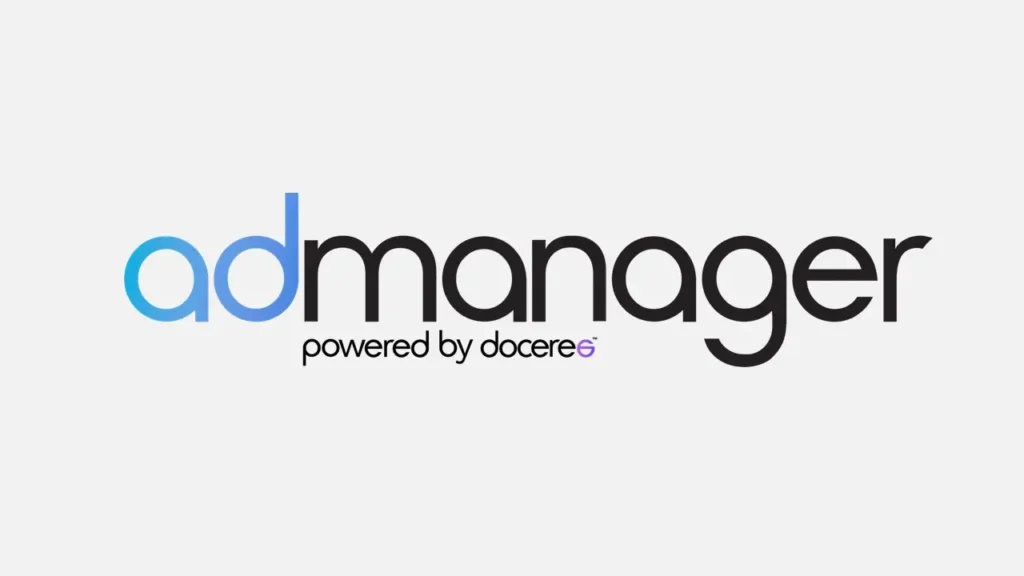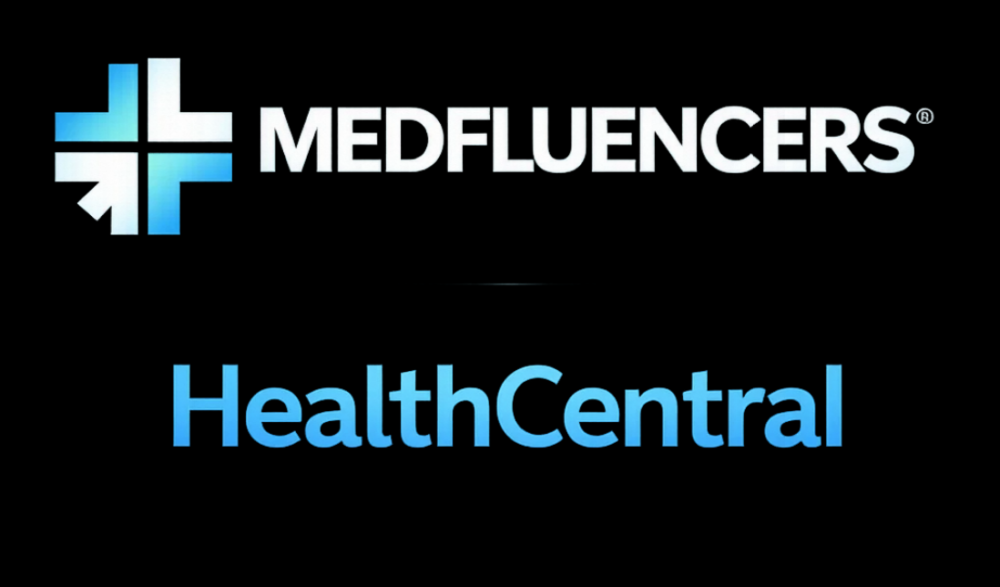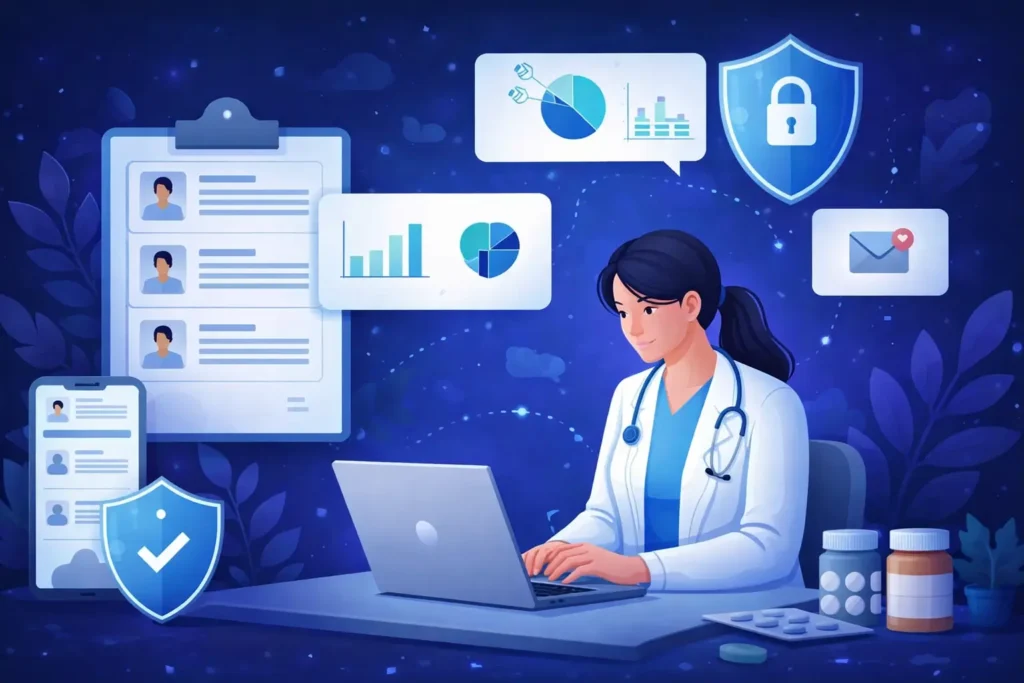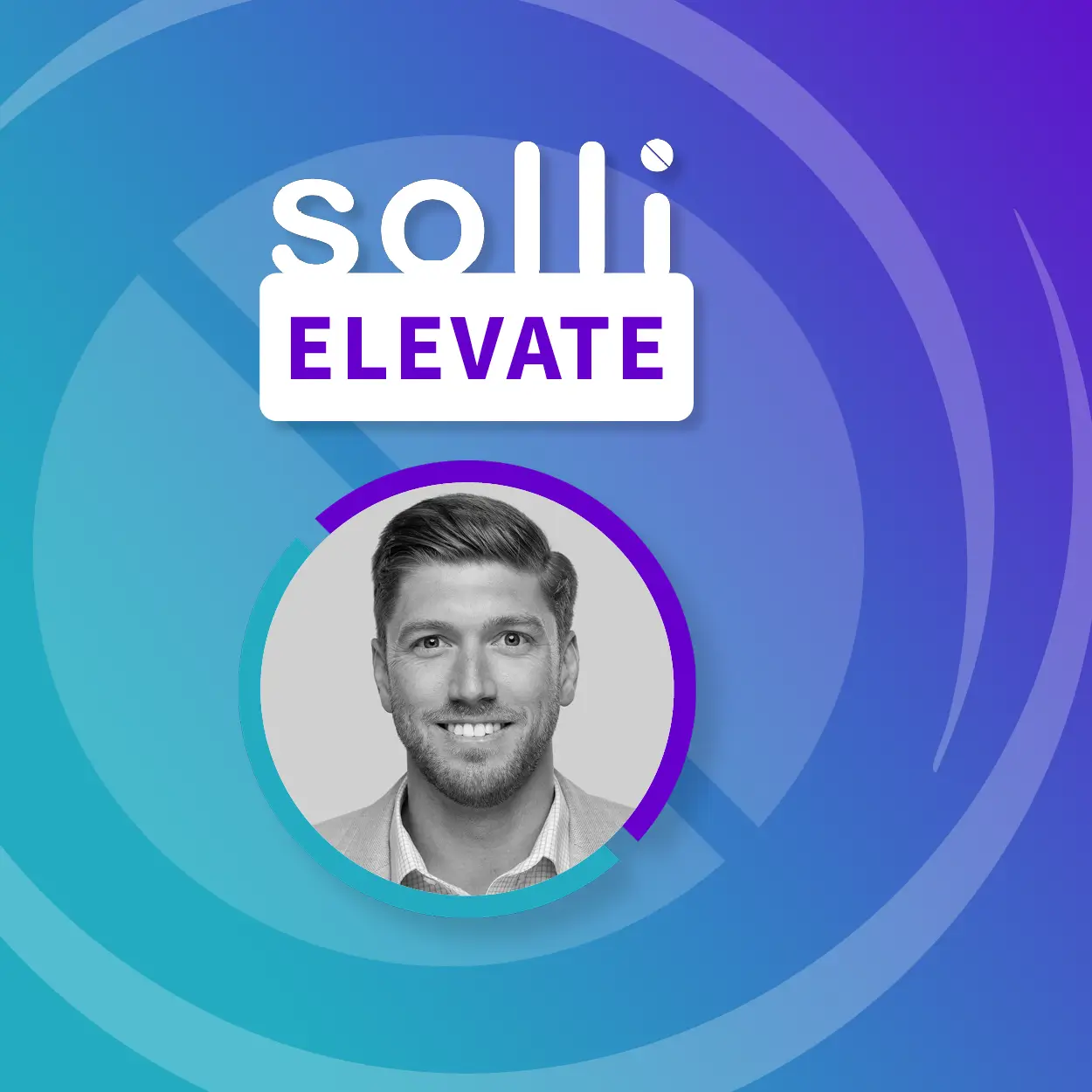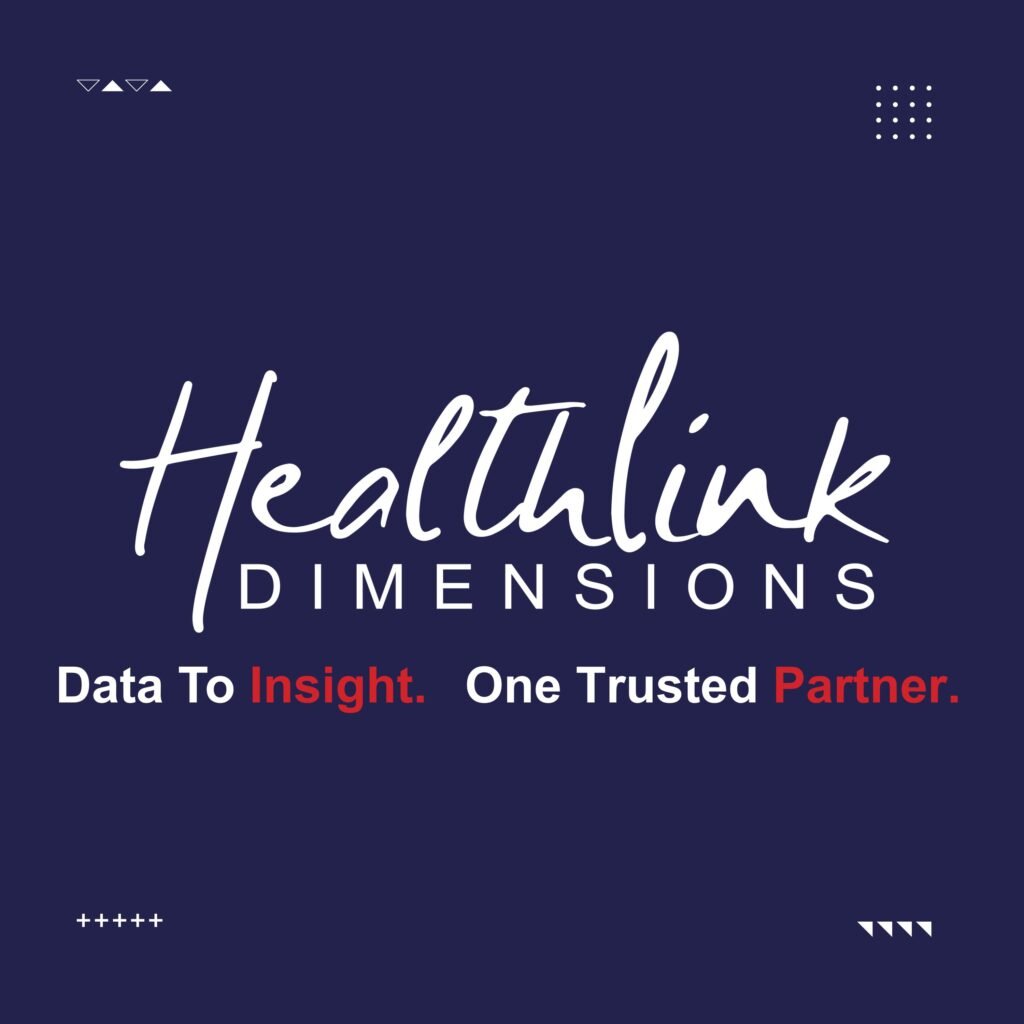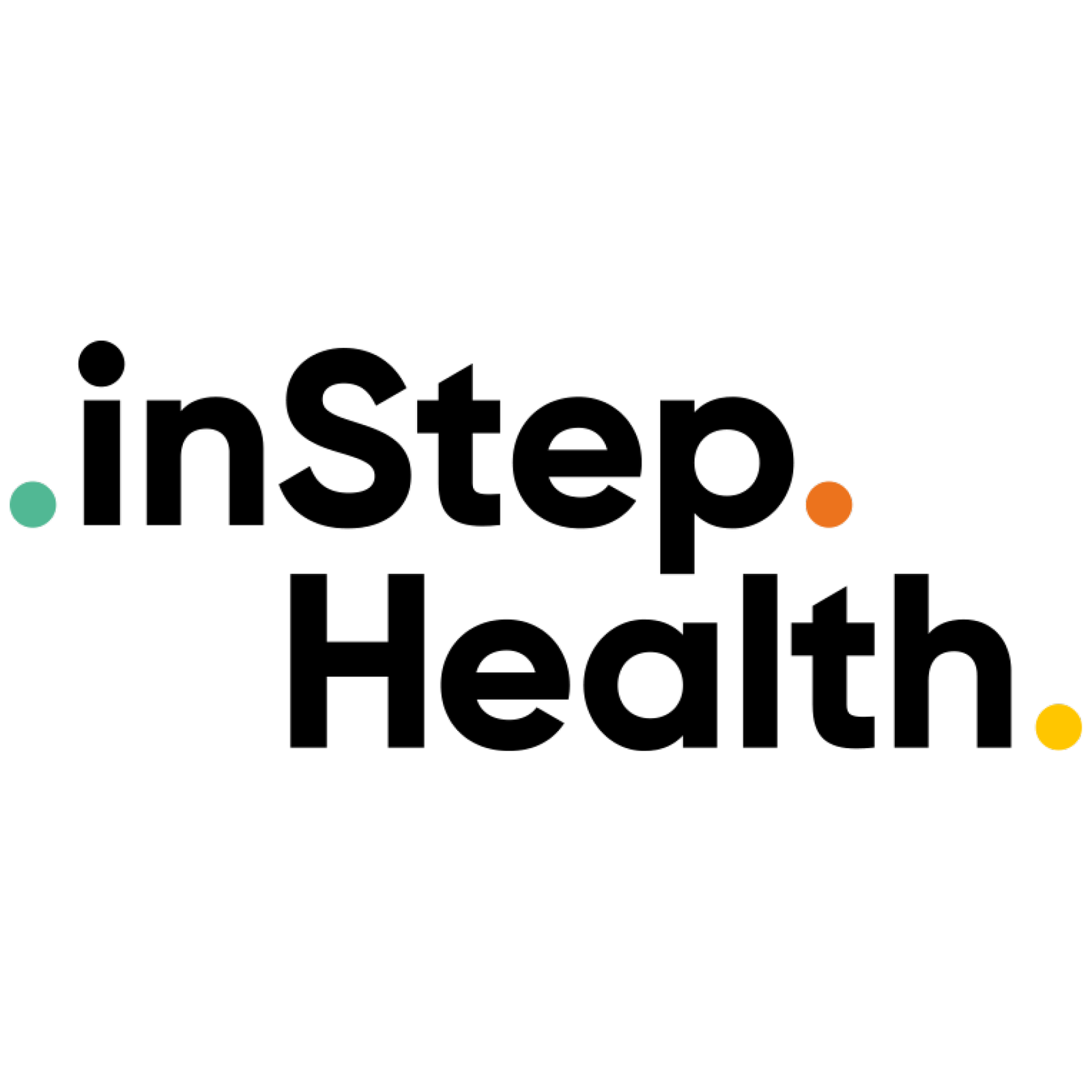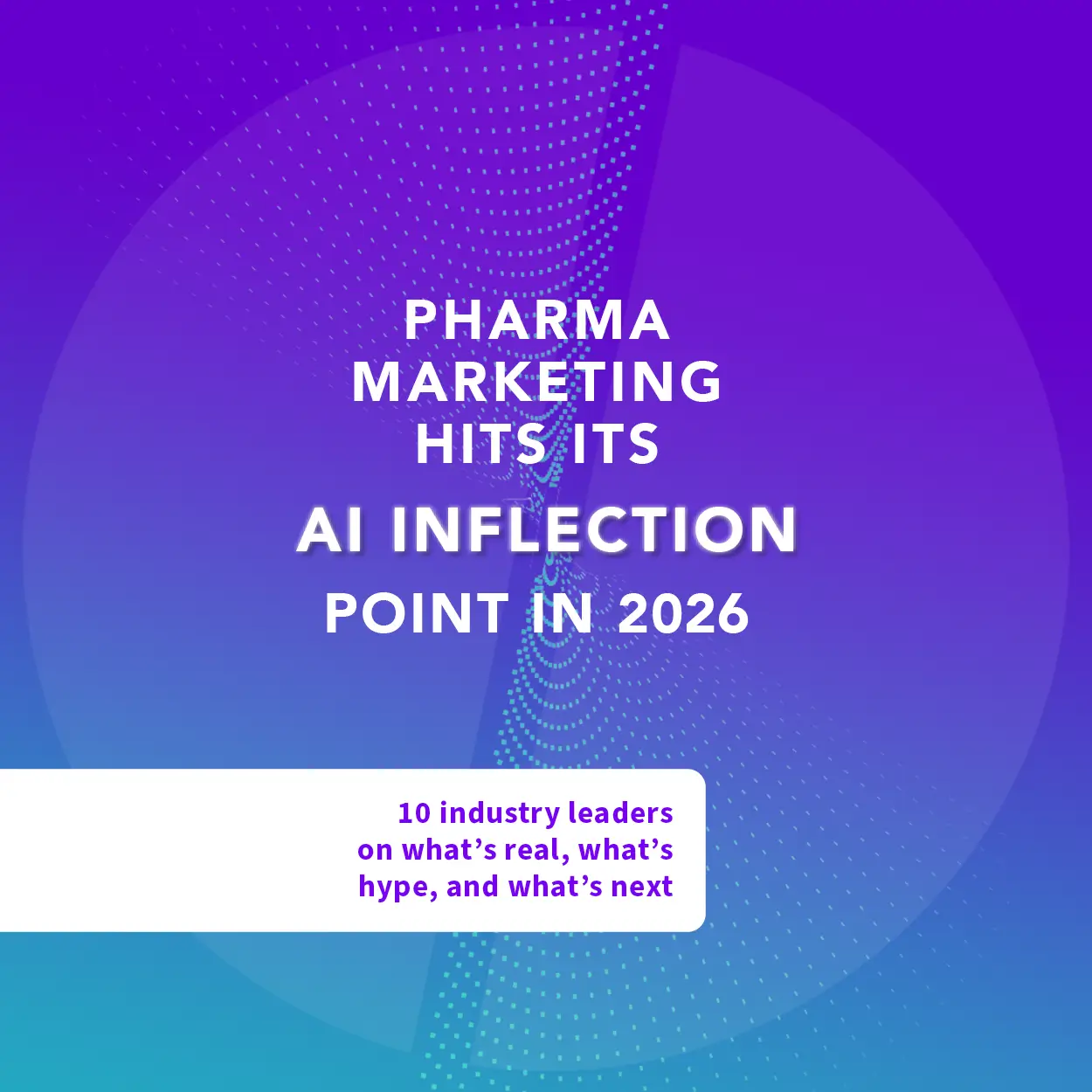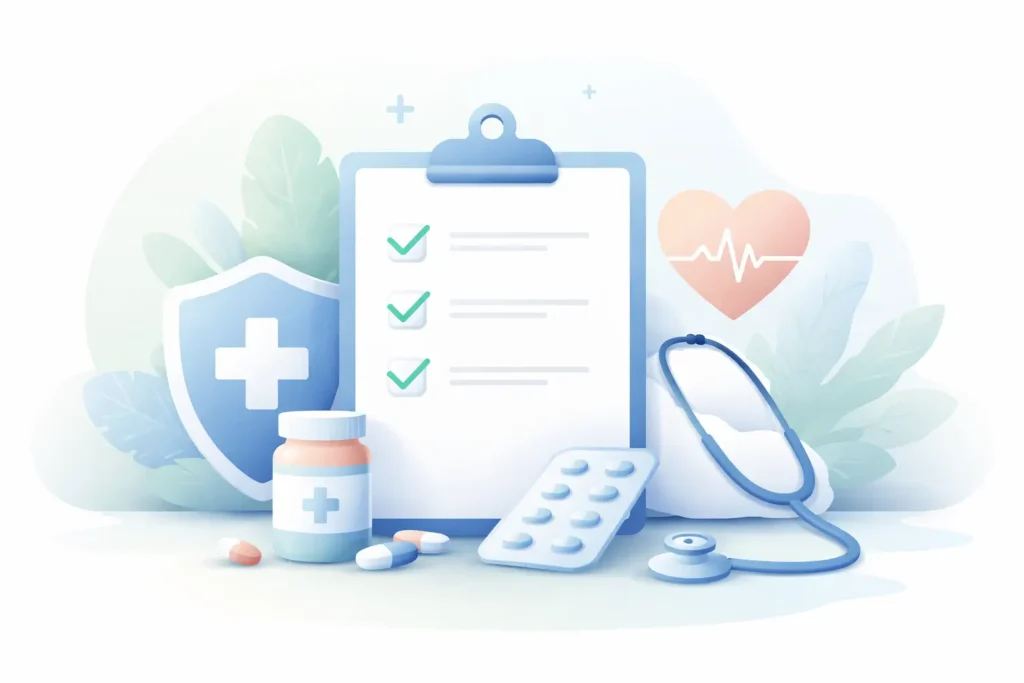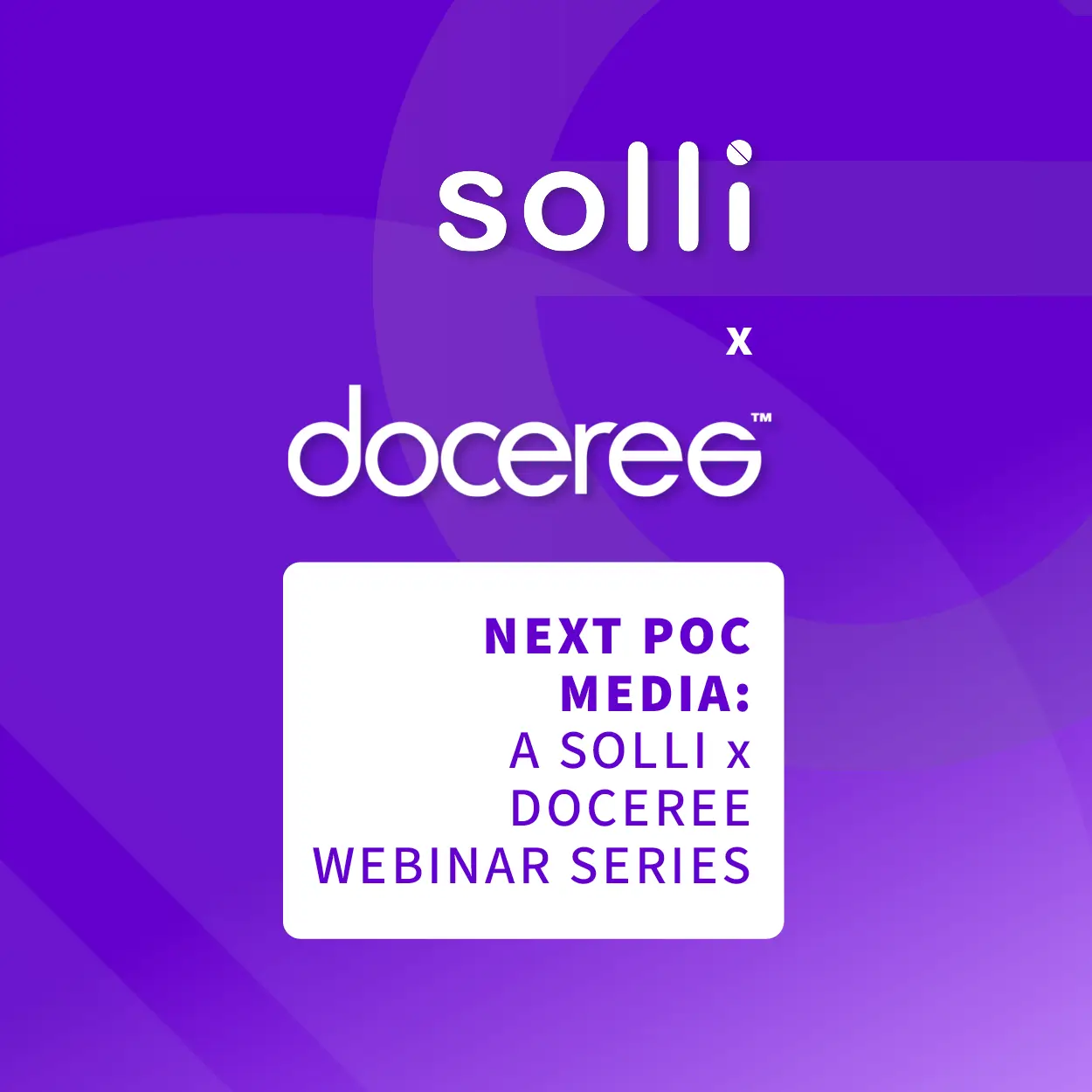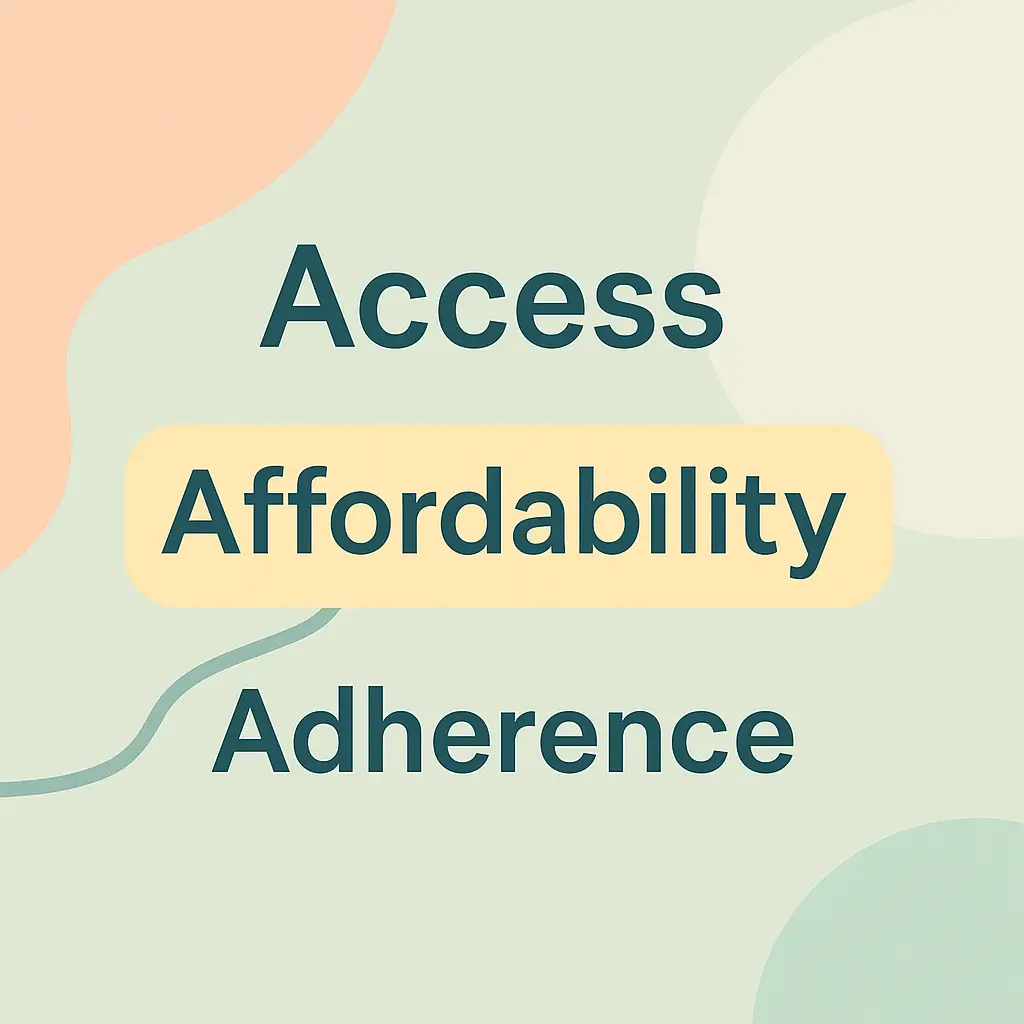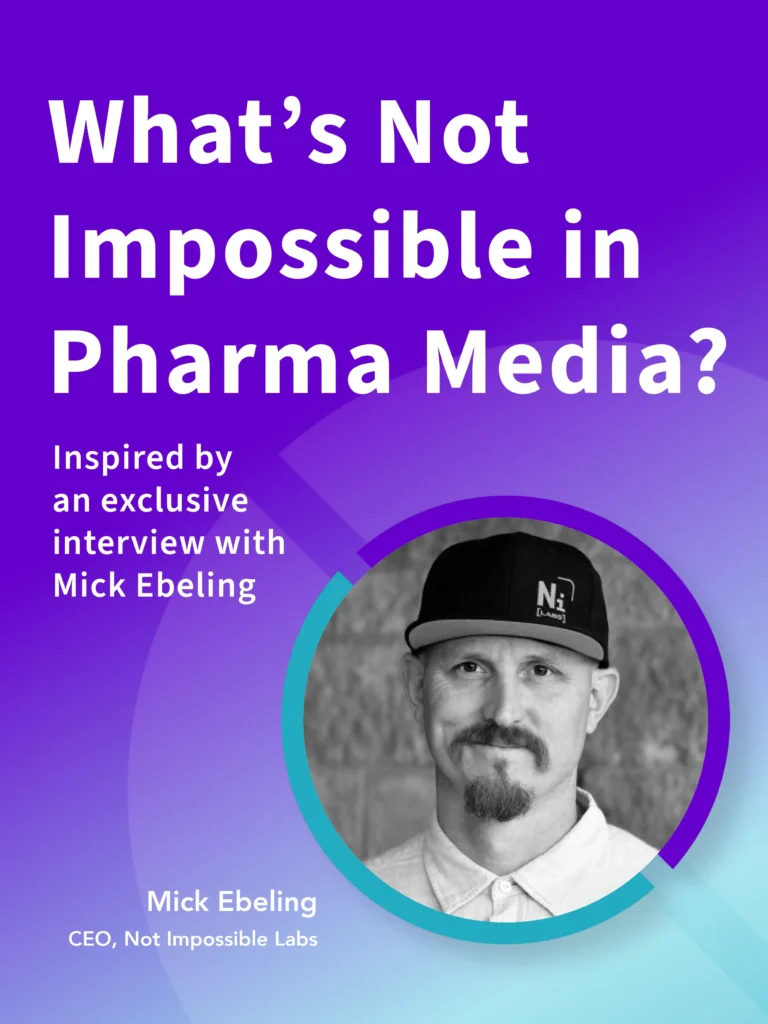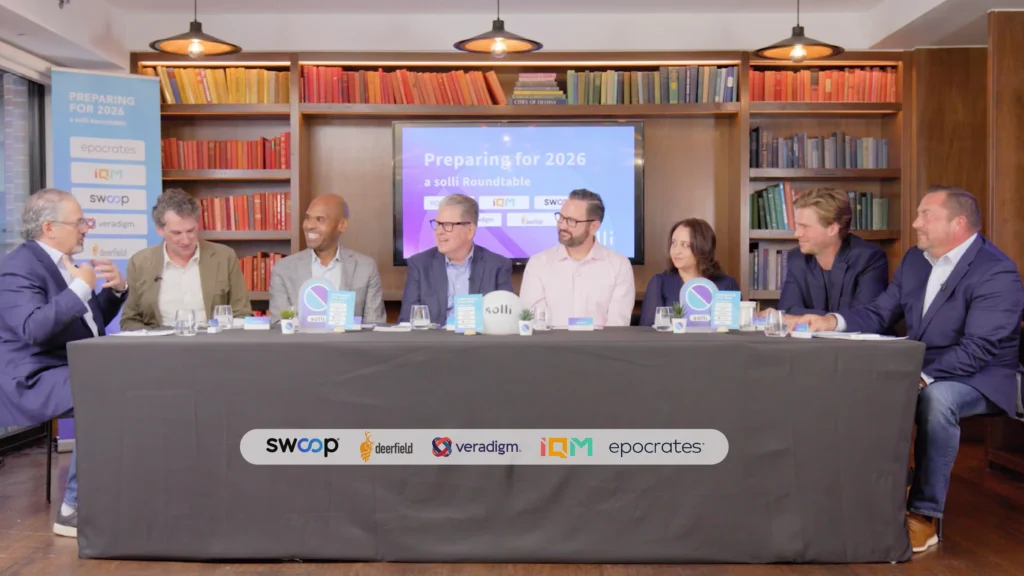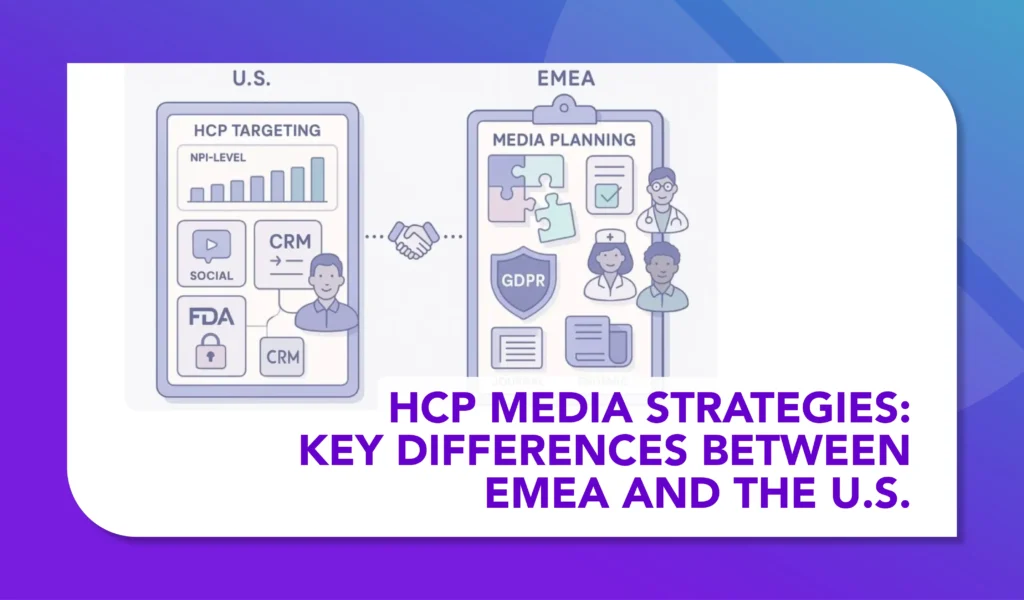From Reactive to Proactive HCP Engagement
How AI-Enabled Engagements Can Change the Fundamentals of Pharma Media

Engagements between pharma brands and healthcare professionals (HCPs) have seen a dramatic transformation over the past few years. The traditional model — centered around scheduled visits and static educational materials — is increasingly finding itself less aligned with HCP preferences, as physicians seek interactions that are more timely, relevant, and convenient.
AI-enabled virtual representatives and digital engagement avatars are emerging to meet this demand, enabling pharma brands to move from reactive outreach to proactive, contextually informed engagement. These tools aim to complement human sales efforts by providing scalable, responsive interactions while ensuring that messaging occurs in environments and moments that matter most to physicians.
Why the Shift Is Needed
Physicians still value brand engagement. But they want it on their terms—in their workflow, when it’s clinically relevant, and when they have time to act on it.
Between patient consults, EHR usage, journal reading, and research, their day is tightly packed. Integrating traditional sales calls can be challenging, which makes digital engagement solutions that embed brand presence into familiar platforms increasingly valuable. Various platforms now integrate with EHRs, clinical journals, and specialized medical apps to surface timely information without disrupting physician workflow.
1. Always Available, 24/7
AI-powered tools can provide consistent engagement beyond standard sales hours, responding to physician queries when needed. This approach respects HCP autonomy, allowing them to interact with content at convenient times, during patient consultations or outside clinical hours without pressure or intrusive scheduling.
2. Intelligent Timing and Placement
In the age of digital overload, relevance is critical. Digital engagement avatars can surface information in response to specific clinical actions or research behaviors, such as reviewing a journal article in a therapeutic area or accessing treatment guidelines. By appearing only at moments of decision-making, these tools ensure interactions are helpful rather than disruptive.
3. Trained on Everything for Beyond Human Personalization
AI tools leverage a broad knowledge ecosystem including clinical trial data, product information, patient resources, and real-world evidence to deliver consistent, accurate, and clinically relevant messaging. Unlike human reps who rely on memory, these systems provide standardized, up-to-date information while complying with regulatory guidelines.
4. Multiple Formats to Fit Physician Preferences
Digital engagement solutions are adaptable across multiple formats, from video and voice to chat-based interactions. This flexibility allows physicians to engage in ways that suit their workflow, maintaining consistent messaging and accuracy across touchpoints.
5. Compliance and Oversight Considerations
Maintaining regulatory oversight is essential. AI-enabled engagement tools should be designed with compliance in mind, aligning with medical, legal, and regulatory (MLR) standards, and adhering to privacy frameworks such as HIPAA, GDPR, and SOC2. Ensuring these safeguards strengthens HCP trust while supporting scalable engagement.
Complementing, Not Replacing, Human Reps
This approach is intended to amplify the reach of human sales teams, not replace them. AI-driven interactions can handle high-frequency, information-based touchpoints that might otherwise be missed, allowing human reps to focus on strategic relationship-building. The combination creates a hybrid engagement model that is responsive, consistent, and scalable.
The Future of Pharma Engagement
HCPs want engagement but only when it adds value. By integrating AI-enabled virtual representatives and digital avatars into their commercial strategy, pharma brands can be present at the exact moment a physician is making a prescribing decision, researching a new therapy, or updating clinical knowledge.
This shift from reactive outreach to proactive presence enables better timing, more contextually relevant information, and greater efficiency in reaching healthcare professionals at scale. When thoughtfully implemented, AI-powered engagement tools can enhance the quality of interactions, preserve HCP trust, and support regulatory compliance, all while complementing the efforts of human sales teams.
Ultimately, organizations that adopt these approaches are better positioned to foster stronger relationships with healthcare professionals, improve the relevance of brand interactions, and drive meaningful outcomes for both patients and business objectives. By balancing innovation with compliance and human oversight, pharma brands can create a future-ready engagement strategy that meets the evolving expectations of physicians and delivers measurable value in an increasingly digital healthcare landscape.
Kamya Elawadhi is the Chief Client Officer at Doceree.

